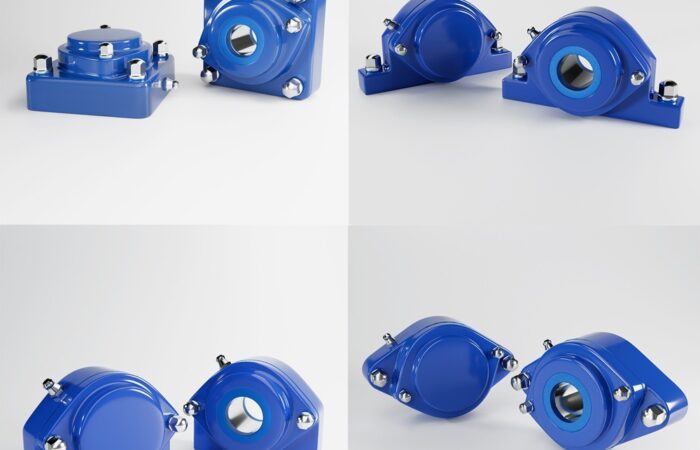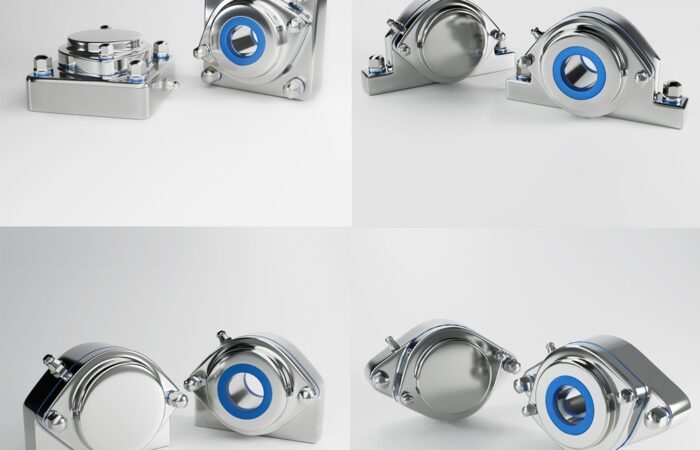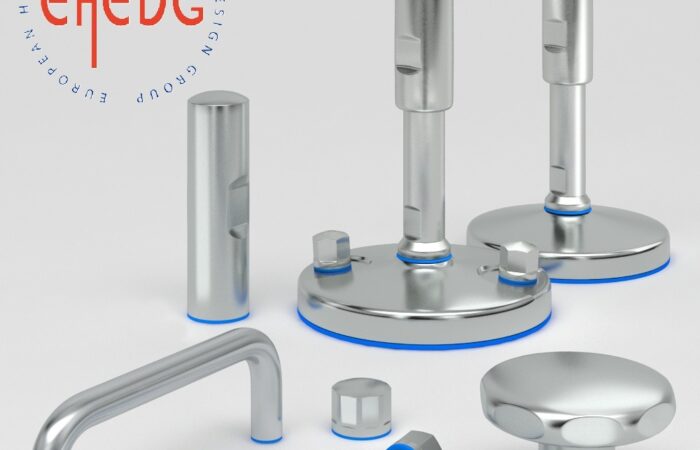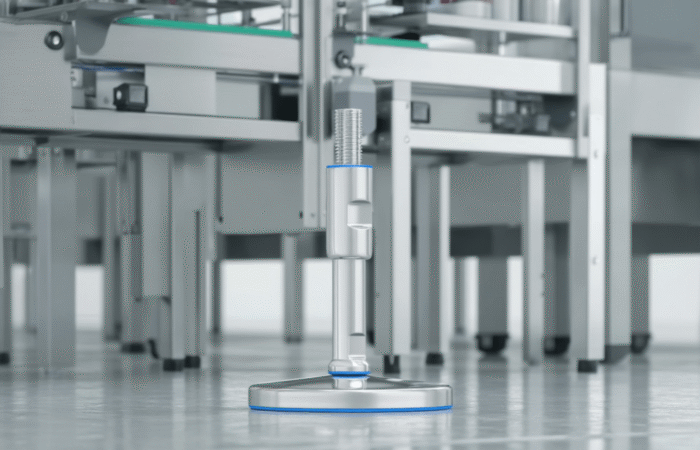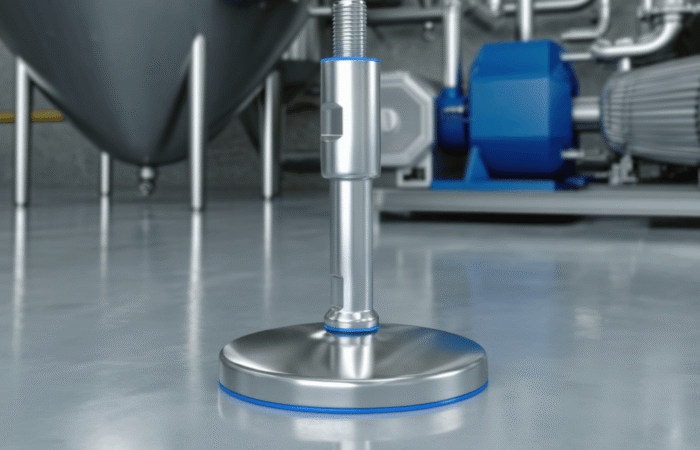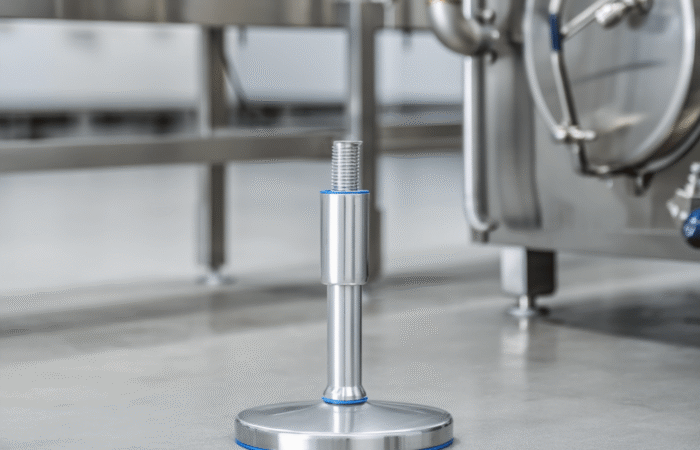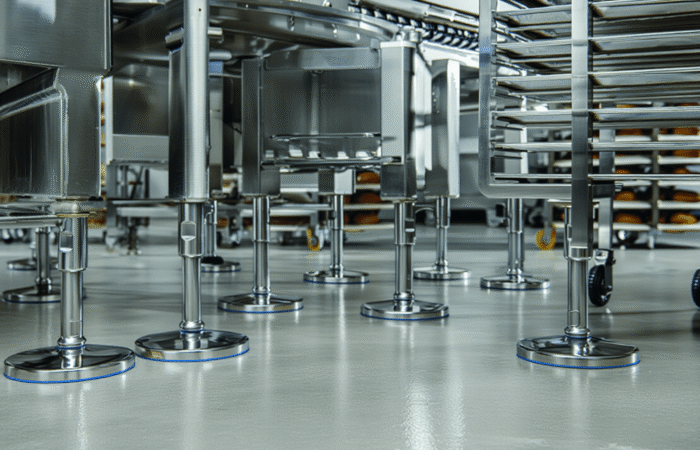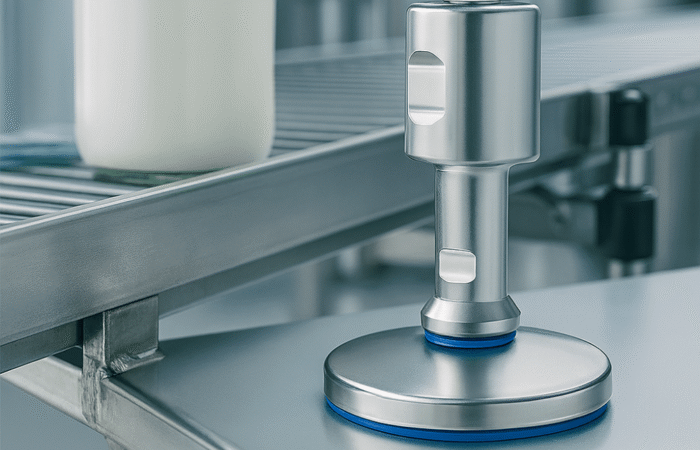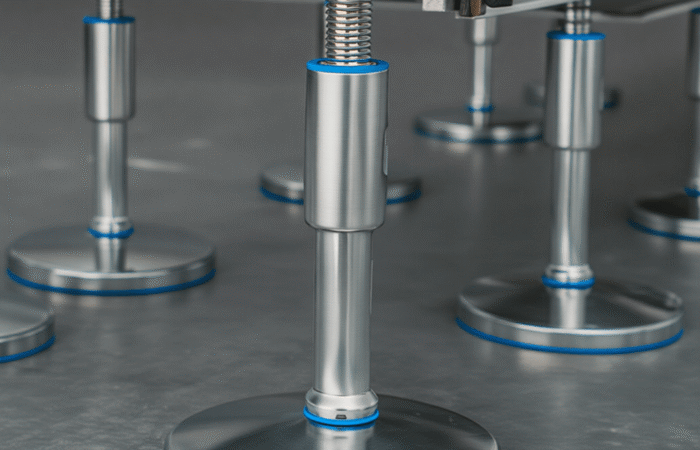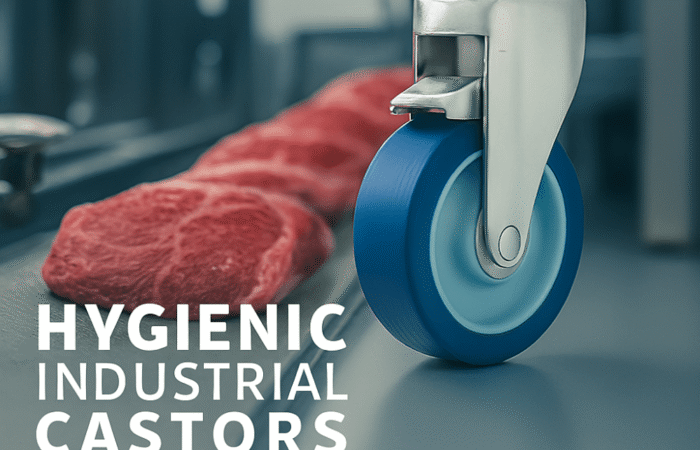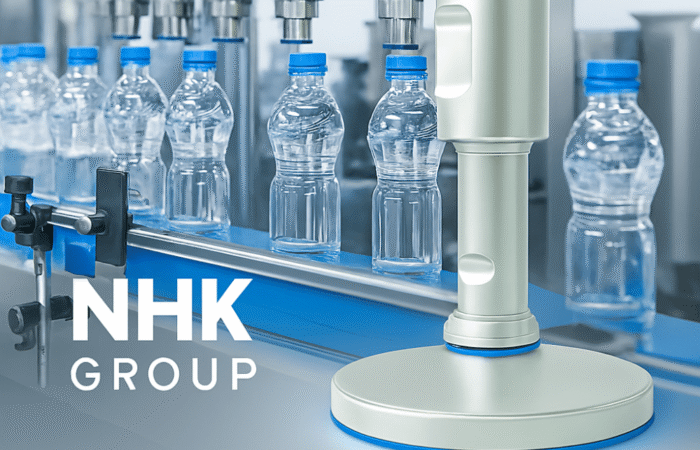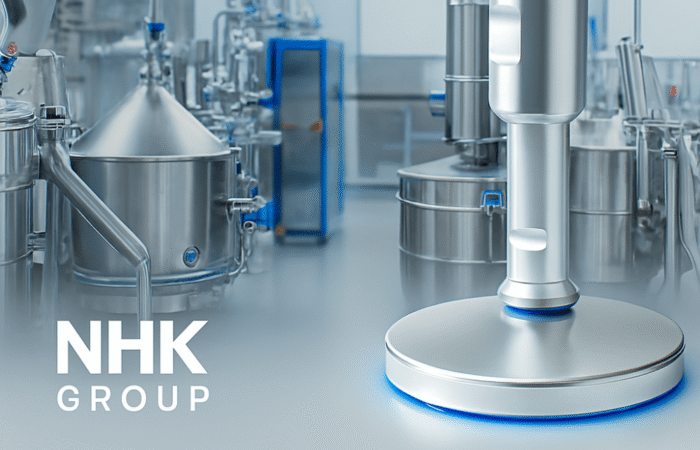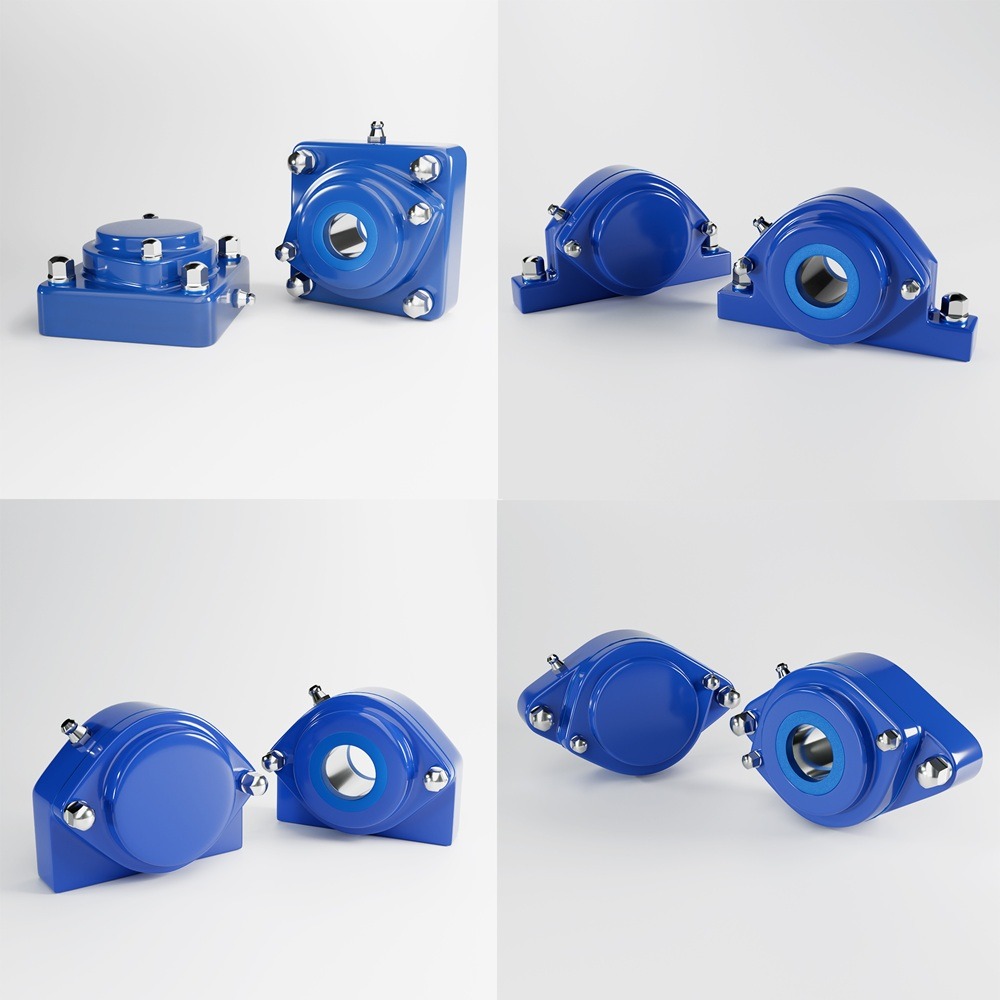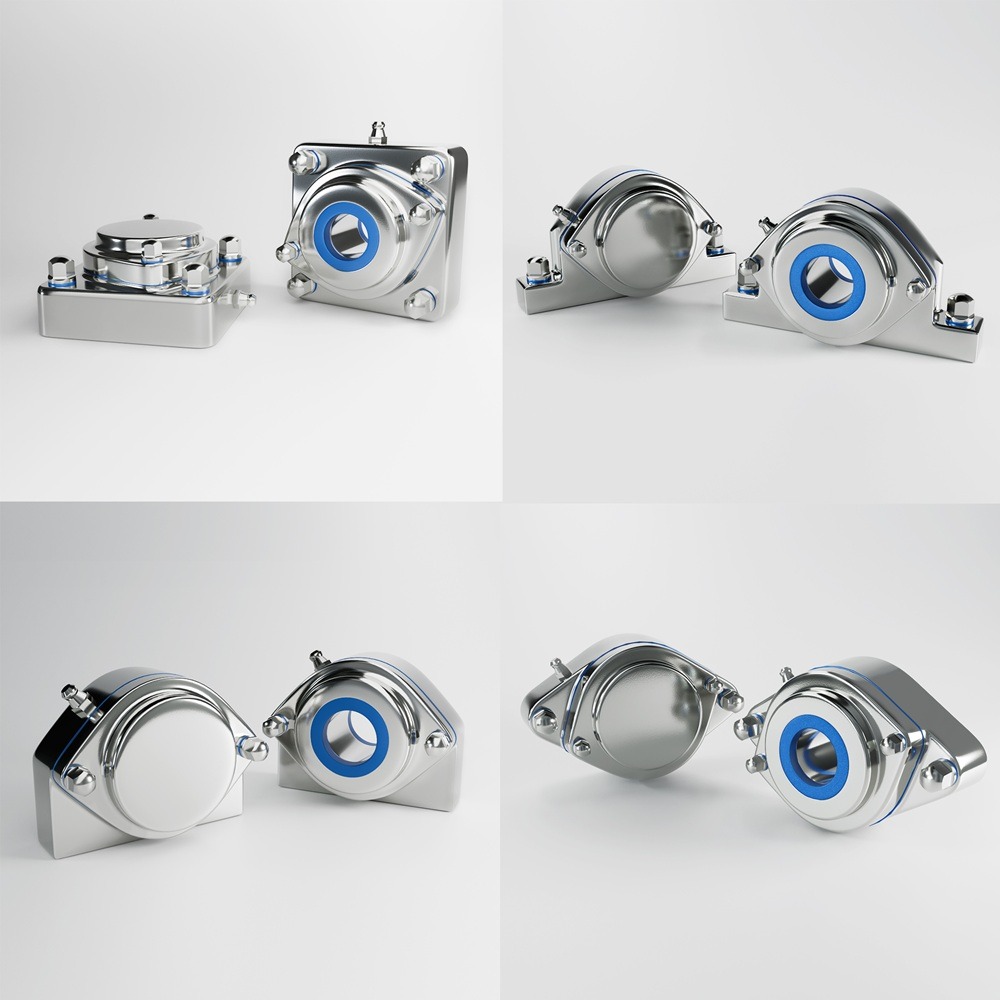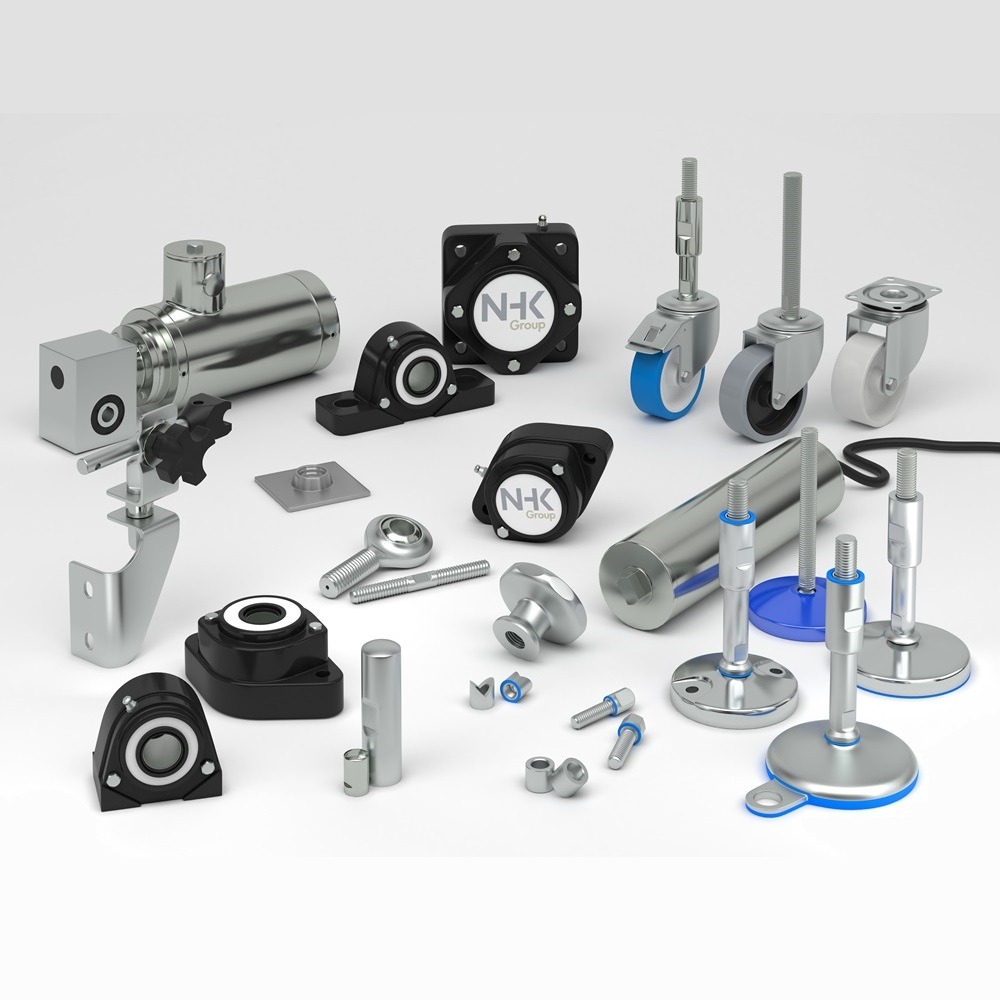
Certified Stainless Steel Machine Components in Hygienic Industries
In industries where hygiene and safety are paramount, such as food processing, pharmaceutical manufacturing, and packaging, using certified stainless steel machine components is not only a standard but also a strategic advantage. These components, often designed with certifications for compliance in sanitary applications, bring reliability, longevity, and resilience to machinery in these fields. In this article, we explore the strategic value of incorporating certified stainless steel components into operational planning and development, examining the benefits for various hygienic and sanitary industries. In highly regulated sectors such as food and pharmaceuticals, stainless steel components are essential due to their durability, corrosion resistance, and compliance with hygiene standards. Certified stainless steel components—such as machine leveling feet, conveyor parts, and bearings—are designed specifically to meet stringent regulatory requirements, ensuring they are easy to clean, resist microbial contamination, and withstand frequent sanitation processes. This compliance is critical in industries where preventing cross-contamination and adhering to strict sanitation protocols is essential for product safety and quality. Certified stainless steel components come in various forms, each playing a significant role in hygienic and sanitary operations: Food Processing Industry Pharmaceutical Manufacturing Packaging Industry Using certified stainless steel machine components aligns with sustainability goals, as they reduce waste by lasting longer than non-certified alternatives. By requiring fewer replacements and enduring harsh sanitation processes, these components offer a cost-efficient solution. In strategic planning, this sustainability factor supports long-term cost savings and promotes environmental responsibility. Stainless steel components also contribute to reduced energy consumption, as they often function more efficiently than non-certified materials, decreasing overall operational costs. Incorporating certified stainless steel machine components in hygienic and sanitary industries supports robust strategic planning and development. The advantages—such as enhanced reliability, optimized maintenance, regulatory compliance, and sustainability—are essential for industries where hygiene and safety are non-negotiable. By investing in high-quality, certified components, companies can safeguard their operations, enhance product quality, and build trust with consumers. Ultimately, certified stainless steel components provide a competitive edge, enabling companies to meet industry demands and achieve sustainable growth in food, pharmaceutical, and packaging sectors. Industrial machinery requires precision-engineered components that meet exacting standards for durability, safety, and performance. This comprehensive guide explores the essential machinery parts that drive modern manufacturing across food processing, packaging, and chemical industries. Understanding the difference between Bearing Housings and Flange Mounted Units is crucial for engineers and procurement professionals seeking to optimize equipment longevity. Pillow block bearings, also known as plummer blocks, are self-aligning bearing units that simplify installation and significantly reduce maintenance costs. These versatile components mount on machine frames and support rotating shafts with exceptional precision, ensuring smooth operation in demanding industrial environments. Flange bearing units offer a more compact alternative, featuring integrated flanges that enable direct mounting to flat surfaces without additional hardware. Both designs come in various materials, including stainless steel grades optimized for corrosive environments and food-grade applications where hygiene is paramount. The importance of material selection cannot be overstated in machinery design. Type 440 Steel and 420 grades offer distinctly different properties suited to specific applications and environmental conditions. The 440 stainless steel variant provides superior hardness and exceptional edge retention, making it ideal for cutting tools and high-wear applications requiring maximum durability. Meanwhile, 420 stainless steel offers better corrosion resistance and is preferred in food processing equipment where chemical exposure is common. Hygienic stainless steel components have become essential in food machinery, meeting EHEDG standards and facilitating rapid equipment cleaning required in modern food production facilities. Understanding ingress protection ratings is equally critical for machinery durability and operational reliability. IP67 rating ensures protection against dust and temporary water immersion, while IP68 rating provides complete dust protection and sustained water immersion capabilities for submerged operations. The IP69K standard represents the highest protection level, specifically designed for high-pressure wash-down environments found in industrial food processing facilities. These ratings define how effectively machinery components withstand environmental challenges and maintain performance. Modern industrial facilities increasingly demand equipment that combines high performance with ease of maintenance and sanitation. The choice between different bearing types depends on operational requirements, environmental conditions, and budget constraints. Proper component selection ensures extended equipment lifespan, reduced downtime, and improved operational efficiency.Strategic Planning and Development Using Certified Stainless Steel Machine Components in Hygienic and Sanitary Industries
The Importance of Certified Stainless Steel in Hygienic Industries
Strategic Benefits of Stainless Steel Components in Operational Planning
Certified stainless steel components contribute to equipment reliability, reducing the risk of contamination and ensuring production lines can meet high-quality standards consistently. For example, leveling feet in machinery help maintain stability, even on uneven floors, which reduces vibration and wear, prolonging equipment lifespan. In strategic planning, incorporating components that offer such reliability allows for streamlined operations and consistent product output.
Regulatory bodies like the FDA and the European Food Safety Authority (EFSA) enforce strict hygiene standards. Stainless steel machine components with certification meet these regulatory needs, allowing companies to manage compliance with ease. For strategic development teams, this minimizes risk management concerns and helps prevent costly recalls or sanctions due to non-compliance. By investing in certified components, businesses ensure their processes align with regulations and maintain consumer trust in their brand.
Downtime in hygienic industries often arises due to cleaning and maintenance requirements. Certified stainless steel components are designed for easy cleaning and can endure harsh cleaning protocols without degradation. For strategic planners, investing in easy-to-maintain components means less time is spent on repairs and cleaning, reducing costly downtime. In addition, durable components lower the frequency of replacements, contributing to long-term savings in operational budgets.Key Stainless Steel Components in Sanitary and Hygienic Packaging and Processing
Stainless steel leveling feet are essential for machinery stability in food and pharmaceutical production environments. They are not only corrosion-resistant but are also designed to prevent microbial growth, with surfaces that can withstand high-pressure cleaning. These feet ensure stability, reduce equipment wear, and maintain hygiene standards.
In packaging and processing industries, conveyors are crucial for moving products safely and efficiently. Certified stainless steel conveyor parts are resistant to moisture, corrosion, and bacterial contamination, making them ideal for food and pharmaceutical applications. Their durability and hygienic design support strategic goals by ensuring consistent product flow without interruptions from mechanical failures or contamination risks.
Bearings in sanitary environments are subject to high loads and frequent washdowns. Stainless steel bearings with IP67 certification (waterproof and dust-tight) are specifically engineered for hygienic applications. These bearings prevent contamination, reduce friction, and improve operational efficiency. They are essential for maintaining product quality and equipment longevity, particularly in industries that process liquids, powders, or other perishable items.Applications Across Sanitary and Hygienic Industries
Food safety is paramount in processing environments, and certified stainless steel components align with stringent regulations. From meat and poultry to dairy and beverage production, stainless steel parts contribute to safer processing conditions, minimal contamination risks, and consistent product quality. In strategic development, incorporating stainless steel components helps maintain compliance with food safety standards like HACCP (Hazard Analysis and Critical Control Points).
Pharmaceutical production demands precision and cleanliness to prevent cross-contamination. Stainless steel components meet regulatory standards like cGMP (current Good Manufacturing Practice) and ensure sterility in production environments. These components allow strategic teams to confidently manage risk while maintaining productivity and meeting regulatory requirements.
For industries packaging consumables, certified stainless steel components prevent contamination and ensure products reach consumers in pristine condition. Components like conveyor parts and bearings are integral in ensuring products are transported safely through automated packaging lines. Strategic planning in packaging facilities benefits from the long-term reliability and hygiene that stainless steel components provide, reducing the risk of contamination and recalls.Sustainability and Cost-Efficiency in Strategic Development
The Strategic Edge of Certified Stainless Steel Components
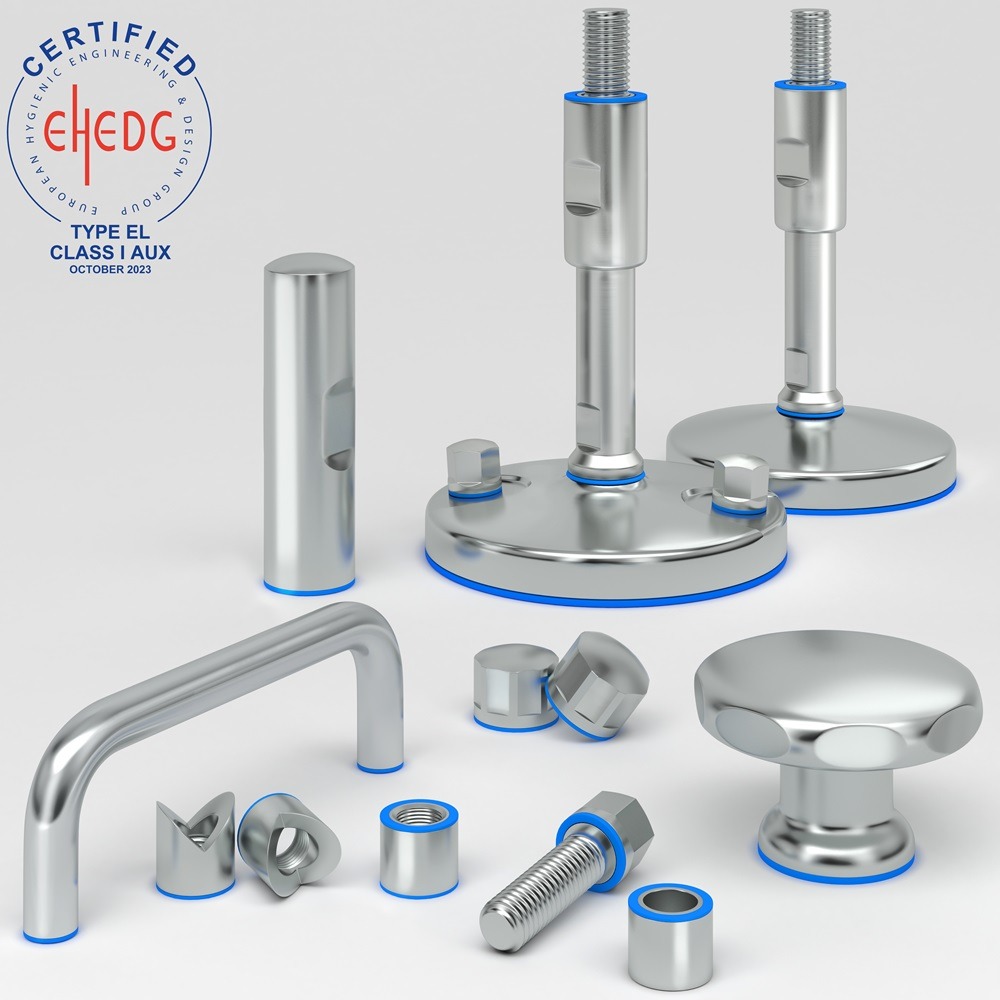
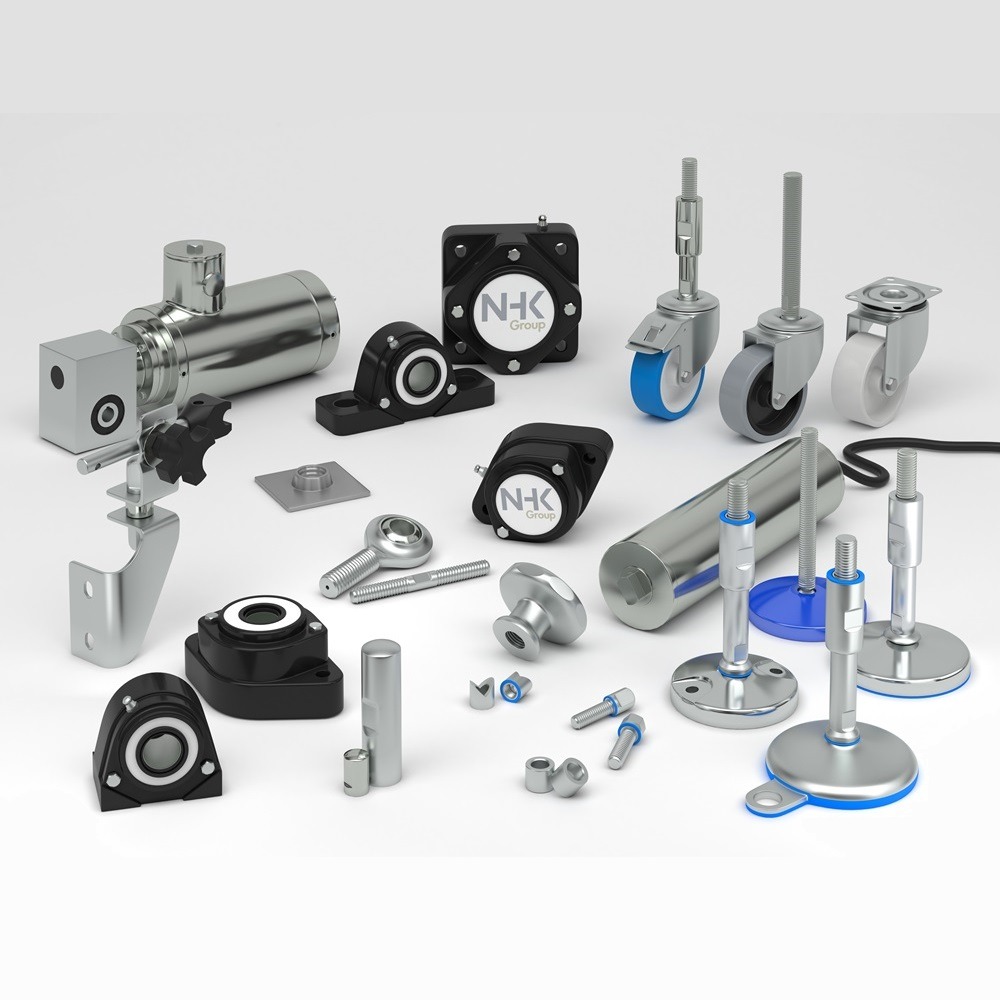
Contact
Understanding Machinery Components & Protection Standards
